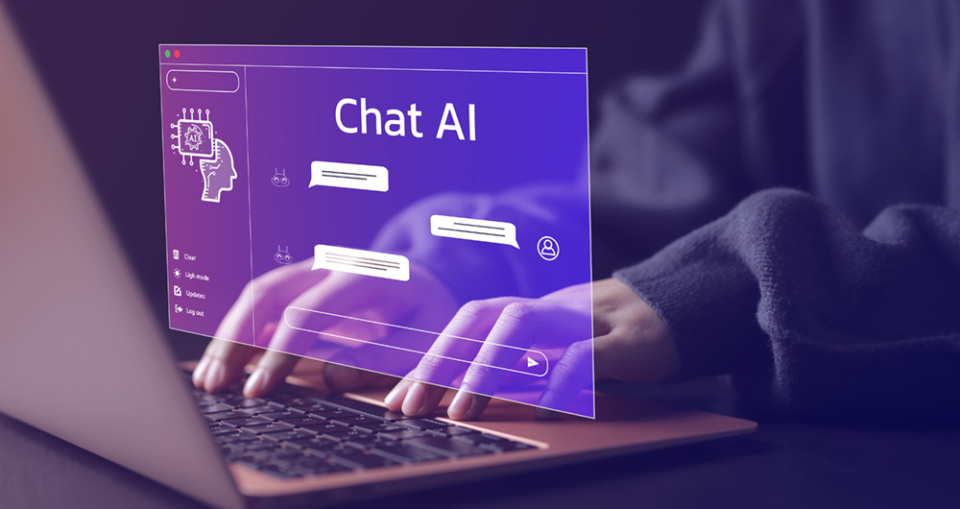88 posts found
The antidotes to the AI slop: how to rethink our relationship with content
Massive, superficial AI-generated content isn't just a problem, it's also a symptom. Technology amplifies a consumption model that rewards fluidity and drains our attention span.
We listen to interviews, podcasts and audios of our family at 2x. We watch videos cut into highlights, and we base decisi…
Metadata to increase the reuse of open data in machine learning
Open data is a central piece of digital innovation around artificial intelligence as it allows, among other things, to train models or evaluate machine learning algorithms. But between "downloading a CSV from a portal" and accessing a dataset ready to apply machine learning techniques , there i…
From chatbots to autonomous agents: Agent AI in public services
Three years after the acceleration of the massive deployment of Artificial Intelligence began with the launch of ChatGPT, a new term emerges strongly: Agentic AI. In the last three years, we have gone from talking about language models (such as LLMs) and chatbots (or conversational as…
Open data, artificial intelligence and the environment
The convergence between open data, artificial intelligence and environmental sustainability poses one of the main challenges for the digital transformation model that is being promoted at European level. This interaction is mainly materialized in three outstanding manifestations:
The opening of hi…
Three strategies to get the most out of your AI-powered summaries
We live surrounded by AI-generated summaries. We have had the option of generating them for months, but now they are imposed on digital platforms as the first content that our eyes see when using a search engine or opening an email thread. On platforms such as Microsoft Teams or Google Meet, video c…
More transparency in AI: new template for documenting general-purpose model training data
Artificial Intelligence (AI) is transforming society, the economy and public services at an unprecedented speed. This revolution brings enormous opportunities, but also challenges related to ethics, security and the protection of fundamental rights. Aware of this, the European Union approved t…
Artificial intelligence, data and responsibilities
When dealing with the liability arising from the use of autonomous systems based on the use of artificial intelligence , it is common to refer to the ethical dilemmas that a traffic accident can pose. This example is useful to illustrate the problem of liability for damages caused by an acciden…
AI as a catalyst for an open government data ecosystem
Open data from public sources has evolved over the years, from being simple repositories of information to constituting dynamic ecosystems that can transform public governance. In this context, artificial intelligence (AI) emerges as a catalytic technology that benefits from the value of o…
How to prepare your data to work with artificial intelligence tools from a legal point of view
The idea of conceiving artificial intelligence (AI) as a service for immediate consumption or utility, under the premise that it is enough to "buy an application and start using it", is gaining more and more ground. However, getting on board with AI isn't like buying conventional software and gettin…
Artificial intelligence at the service of open data quality
We know that the open data managed by the public sector in the exercise of its functions is an invaluable resource for promoting transparency, driving innovation and stimulating economic development. At the global level, in the last 15 years this idea has led to the creation of data portals that ser…









